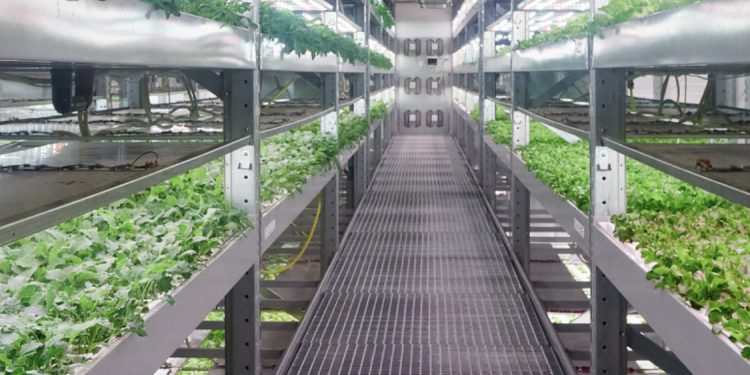#VerticalFarming #Agriculture #Sustainability #ChechenDevelopers #Indonesia
Chechen company “Greenbar” is set to contribute to the advancement of vertical farming concepts in Indonesia. The assembly of digital modules for vertical farms will take place in Jakarta, while the software development will remain in Russia.
As part of an agreement with the investment company PT Agung Anugrah Investama, “Greenbar,” a resident of the innovation center “Skolkovo,” will be developing solutions for vertical farms to be installed in supermarkets and shopping centers across Indonesia. The project aims to install 15,000 vertical farms, as reported by “Skolkovo” .
A key element in the creation of these vertical farms will be the implementation of the “Virtual Agronomist” system, a groundbreaking development by Russian artificial intelligence specialists. The artificial intelligence system determines all the necessary parameters for the farms, including light, humidity, temperature, and soil nutrients. Real-time data on plants and the surrounding environment are collected and stored on servers using specialized sensors. Thanks to this technology, the risks of crop loss are significantly reduced, reaching as low as 1%.
Vertical farms offer an innovative solution to address various agricultural challenges in urban areas. These farms can effectively utilize unused spaces, such as walls and corners, to cultivate fresh greens and vegetables. This becomes particularly crucial in Indonesia, where high humidity often leads to rapid spoilage of greens, and growing certain types of vegetables and berries can be difficult.
Experts believe that vertical farms can fill in market gaps and provide fresh produce even in crowded cities. The demand for such farms is expected to grow significantly, given that Russians already consume an average of 8 kg of greens per person per year, with projections indicating that this figure will rise to 12 kg by 2030.
The collaboration between Chechen developers and Indonesian investors to establish vertical farms represents a significant step towards sustainable agriculture and food security, catering to the evolving needs of urban populations.












